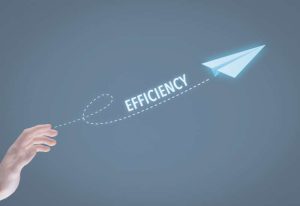
Enterprise Resource Planning (ERP) systems are essential for businesses of all sizes to manage their resources effectively. These systems integrate various business functions such as finance, human resources, manufacturing, and supply chain management, and provide a comprehensive view of the organization’s operations. One of the most critical features of an ERP system is flexibility. In this article, we will explore why flexibility is the most important feature of ERP systems.
- Customization A flexible ERP system allows businesses to customize the software to their unique needs. This means that businesses can adapt the system to their business processes and requirements, instead of changing their processes to fit the system. Customization can help businesses to achieve their goals more effectively and efficiently, leading to increased productivity and revenue.
- Scalability A flexible ERP system can easily adapt to changes in the business environment, such as growth or expansion. As businesses grow, their operations become more complex, and their requirements change. A flexible ERP system can accommodate these changes, allowing businesses to scale their operations without having to switch to a new system.
- Integration An ERP system integrates various business functions into a single platform, providing a complete view of the organization’s operations. A flexible ERP system can integrate with third-party applications, allowing businesses to use their existing software and systems while still benefiting from the advantages of an ERP system. This integration can help businesses to streamline their operations and reduce costs.
- Innovation A flexible ERP system can adapt to new technologies and innovations, allowing businesses to stay up-to-date with the latest trends and advancements. This flexibility can help businesses to improve their operations, reduce costs, and increase revenue.
- User adoption A flexible ERP system is more user-friendly, making it easier for employees to use the system and adopt new processes. This can increase employee productivity and satisfaction, leading to a more efficient and effective organization.
In conclusion, flexibility is the most important feature of ERP systems because it allows businesses to customize the software to their unique needs, adapt to changes in the business environment, integrate with third-party applications, stay up-to-date with new technologies, and improve user adoption. A flexible ERP system can help businesses to achieve their goals more effectively and efficiently, leading to increased productivity, revenue, and competitive advantage.




